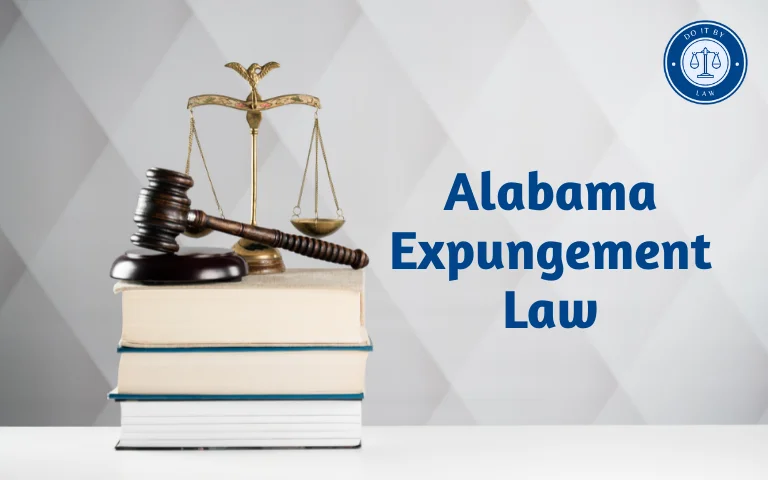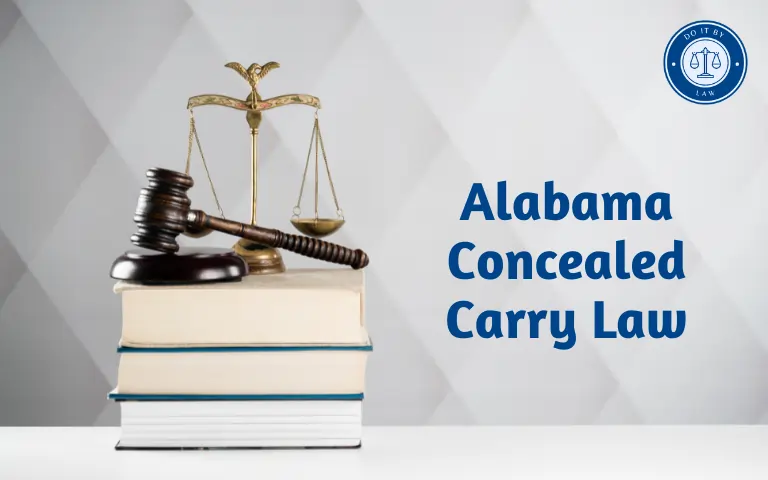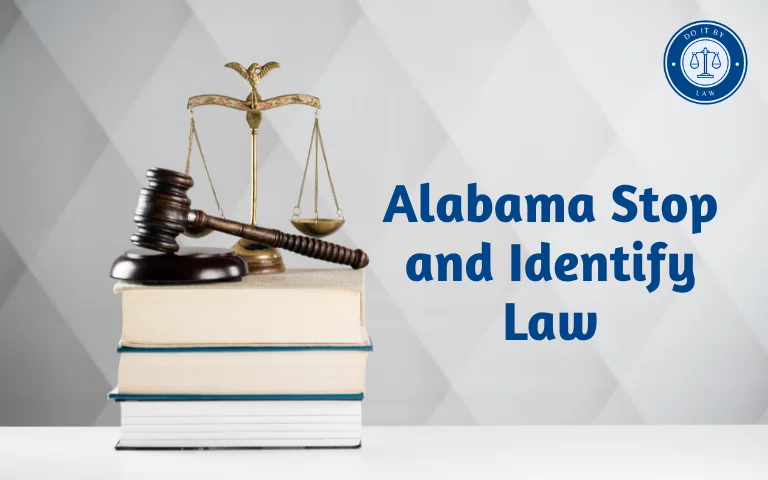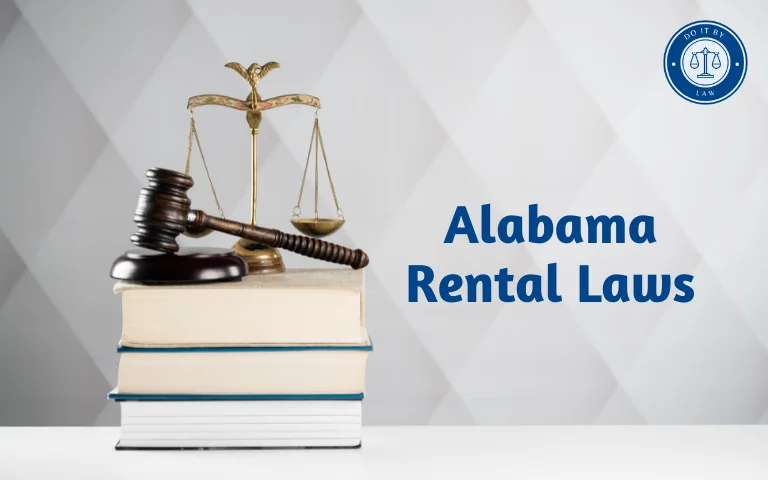Alabama Domestic Violence Laws: What You Need to Know
Alabama has strong laws addressing domestic violence and abuse. The statutes impose penalties, protect victims, and aim to reduce family violence occurrences. Under Alabama Domestic Violence Laws involve physical harm, fear of harm, harassment, stalking, and other abuse between family or household members. Understanding the provisions is critical for prevention and enforcement.
This article examines Alabama’s domestic violence laws in depth. It covers the history, scope, penalties, changes, controversies, and resources around these statutes. The goal is to explain Alabama’s domestic violence laws and highlight the urgent need to combat abuse.
When Alabama Passed Domestic Violence Laws and Why
Alabama enacted its first domestic violence law in 1979. The legislation authorized courts to issue protective orders restraining abusers. This early law recognized domestic violence as a crime requiring intervention. It marked a shift from viewing abuse as a private family matter.
Over the next 40 years, Alabama expanded and strengthened its domestic violence statutes:
- 1984 – First penalties established for violating protective orders.
- 1994 – Stricter sentences mandated for repeat domestic violence offenses.
- 1996 – Victim notification system implemented for offender release.
- 2010 – Added elder abuse provisions to domestic violence laws.
- 2015 – Increased penalties for strangulation and suffocation abuse.
- 2022 – Allowed domestic violence protective orders for dating partners.
The impetus behind Alabama laws is preventing harm and protecting victims from further abuse. The statutes aim to punish and deter domestic violence through enforcement and education.
Who Alabama Domestic Violence Laws Apply To
The domestic violence statutes cover abuse between:
- Current and former spouses
- Parents and children
- Other family members
- People living together currently or in the past
- Dating partners (under recent changes)
The laws provide protection regardless of gender, orientation, age, or relationship status. Alabama also recognizes elder abuse between caregivers and adults over 60.
Key Provisions of Alabama Domestic Violence Laws
Alabama domestic violence laws include criminal penalties, protective orders, gun restrictions, and other provisions:
- Criminal Charges: Domestic abuse involving harm or threat of harm can lead to misdemeanor or felony charges. Strangulation, stalking, and child abuse have enhanced penalties.
- Protective Orders:- Courts can issue protection orders to restrain abusers from contact. Orders remain in a statewide database accessible to law enforcement.
- Gun Restrictions:- It is illegal for domestic abusers subject to certain protective orders to purchase or possess firearms.
- Law Enforcement Duties:- Police must make warrantless arrests if the injury is visible or weapons are involved. Officers must submit domestic violence reports to the state.
- Penalties for Order Violations:- Knowingly violating protective orders is punishable by fines up to $1,000 and potential jail time.
- Shelters and Services:- Alabama funds domestic violence shelters, counseling programs, and other victim resources statewide.
Criminal Penalties Under Alabama Domestic Violence Law
The following criminal penalties apply to domestic violence in Alabama:
- Assault – Up to 1-year jail and $6,000 fine
- Harassment – Up to 6 months in jail and a $3,000 fine
- Stalking – 1 to 10 years prison, fine up to $15,000
- Strangulation – 2 to 20 years in prison
- Violating Orders – Up to 1 year in jail and a $6,000 fine
- Child Abuse – 2 to 20 years in prison
Sentences escalate for repeat offenses. Weapons charges may be added. Felonies mean over 1 year of incarceration.
How Protective Orders Work in Alabama
Protective orders issued by civil courts aim to prevent further harm and abuse. Key provisions include:
- Order the abuser to refrain from contact, abuse, and harassment.
- Mandate counseling, drug testing, or monitoring.
- Grant temporary child custody, support, and housing.
- Prohibit purchasing, using, or possessing firearms.
- Remain in effect for up to 1 year initially.
Courts can extend orders as needed. Violating an active order is criminal contempt. Protective orders provide key protection along with criminal charges.
Recent Changes and Proposals to Alabama Domestic Violence Laws
Some recent changes include:
- 2022 – Added protection for dating partners who do not live together. Previously limited to spouses, families, and co-habitants.
- 2020 – Enhanced sentences for repeat domestic violence offenders.
- 2018 – Expanded gun restrictions for certain domestic abuse convictions.
- 2016 – Increased penalties for strangulation crimes often occurring in domestic abuse.
- 2014 – Added felony charge for violating multiple protection orders within 6 months.
Proposed changes not yet enacted include further expanding gun restrictions for domestic abusers. The state continues efforts to strengthen laws and enforcement.
Controversies and Concerns Around Alabama Domestic Violence Laws
Alabama faces ongoing criticisms of its domestic violence laws and protections similar to other states:
- Weak enforcement allows many abusers to escape consequences.
- Guns are not banned for all domestic violence offenders.
- Penalties are inadequate compared to other violent felonies.
- Restrictive eligibility for protective orders leaves some victims unprotected.
- Inconsistent training among law enforcement leads to re-traumatization.
- Rural and marginalized victims lack accessible shelters and services.
- Alabama lacks sufficient prevention education starting in early grades.
Advocates say further legislative improvements and funding are imperative to reduce the state’s high domestic violence rates.
Conclusion and Key Takeaways
In summary, Alabama has enacted a range of criminal penalties and protections to address domestic abuse while aiming to enhance and expand the laws. Ongoing concerns remain around stringent enforcement and victim access to services.
Key takeaways regarding Alabama domestic violence laws include:
- Criminal charges for abuse range from misdemeanors to violent felonies based on conduct.
- Protective orders provide key restraints and relief for victims through civil courts.
- Gun ownership is prohibited for some domestic abusers.
- Advocates promote stronger laws, enforcement, and prevention education.
- Alabama continues reforming laws to improve protections against family violence.
Understanding current statutes provides direction for victims, families, law enforcement, and advocacy groups working urgently to prevent domestic abuse.
Frequently Asked Questions About Alabama Domestic Violence Laws
References and Resources on Alabama Domestic Violence Laws
Domestic Violence – Alabama State Bar







